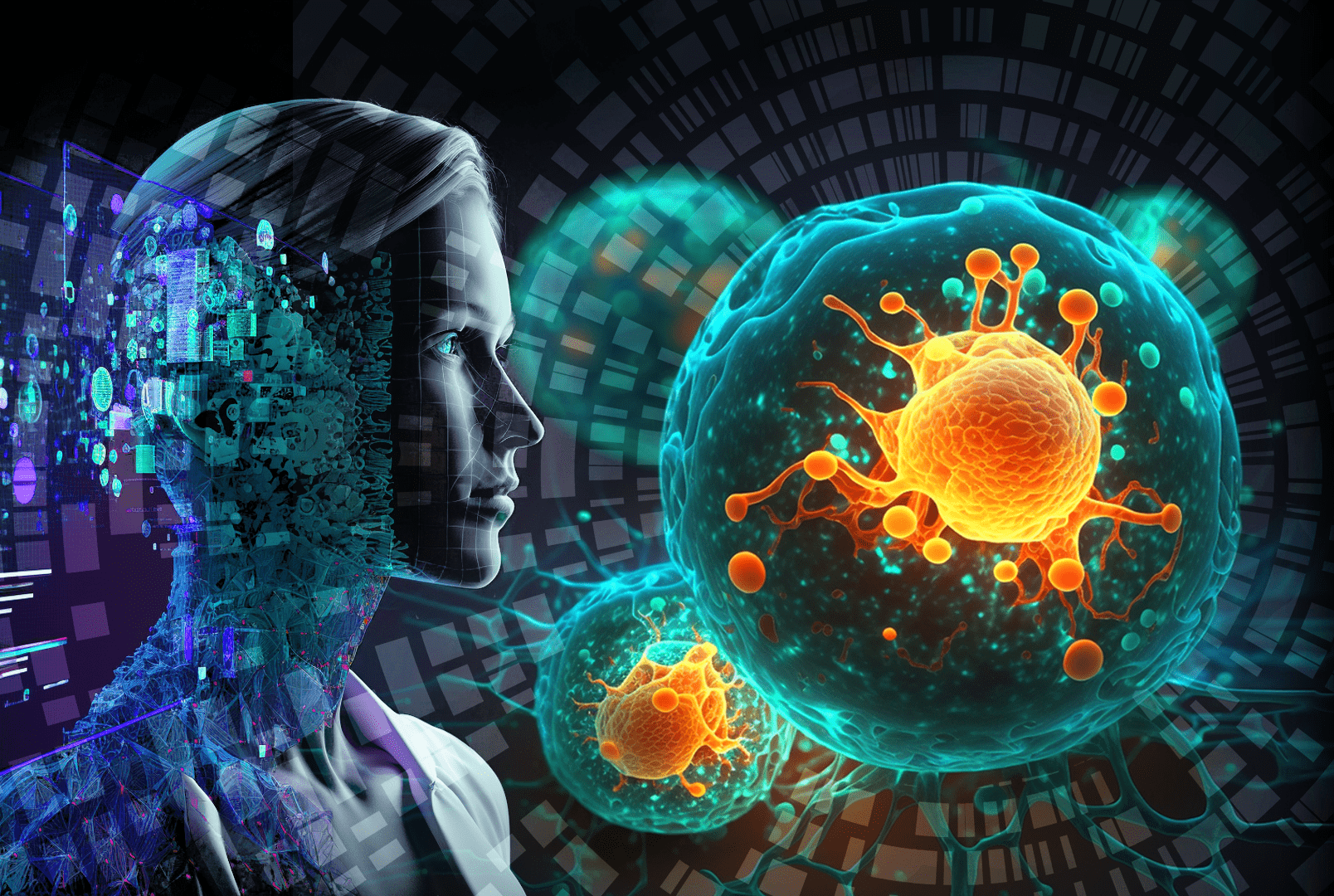
AI’s Precision Medicine Revolution: Unlocking Personalized HealthcareAI’s Precision Medicine Revolution: Unlocking Personalized Healthcare Artificial intelligence (AI) is transforming the field of medicine, paving the way for a new era of personalized healthcare. With advanced AI algorithms and vast amounts of data, we are unlocking a profound understanding of individual health profiles and disease patterns. Precision Diagnostics and Risk Assessment: AI-powered diagnostic tools can analyze medical images, genomic data, and patient history with unprecedented accuracy. This enables healthcare providers to identify diseases earlier, predict patient outcomes, and assess risk factors with greater precision. For instance, AI algorithms have been developed to detect early signs of Alzheimer’s disease years before clinical symptoms appear. Personalized Treatment Plans: AI algorithms can analyze a patient’s genetic makeup, lifestyle, and medical history to generate tailored treatment plans. This approach ensures that each individual receives the most effective and appropriate therapies for their specific needs. AI models can also simulate different treatment scenarios, allowing healthcare providers to make informed decisions that maximize patient outcomes. Precision Dosing and Delivery: AI can optimize drug dosing and delivery methods based on a patient’s individual characteristics. By considering factors such as metabolism, ethnicity, and genetic variations, AI algorithms can personalize drug delivery to enhance efficacy and reduce side effects. For example, AI-powered systems have been shown to improve the precision of chemotherapy dosing, reducing adverse reactions and maximizing treatment benefits. Disease Prevention and Lifestyle Recommendations: AI algorithms can analyze patient data to identify patterns and predict the likelihood of future health issues. This enables proactive disease prevention strategies and personalized lifestyle recommendations. AI models can suggest dietary changes, exercise routines, and lifestyle modifications to promote health and prevent chronic diseases. Real-Time Monitoring and Intervention: AI-enabled devices and sensors can continuously monitor patient health parameters, such as heart rate, blood pressure, and sleep patterns. This real-time data can be analyzed by AI algorithms to detect changes or anomalies, triggering timely interventions and preventing adverse events. For instance, AI-powered wearable devices can provide early warnings of cardiac arrhythmias or glucose spikes. Personalized Mental Health Support: AI is also revolutionizing mental healthcare. AI algorithms can analyze patient conversations, track mood patterns, and provide tailored therapy and support. AI chatbots and virtual assistants can offer real-time assistance, provide personalized feedback, and connect patients with appropriate resources. Benefits of Precision Medicine: * Improved patient outcomes and reduced healthcare costs * Earlier detection and proactive disease prevention * Personalized treatment plans that maximize efficacy * Optimized drug dosing and delivery to enhance safety and effectiveness * Real-time monitoring and intervention to prevent adverse events * Enhanced mental health support and personalized therapy Conclusion: AI’s precision medicine revolution is transforming healthcare by empowering healthcare providers with data-driven insights, enabling personalized treatment plans, and promoting healthier lifestyles. As AI algorithms continue to advance and more data becomes available, the potential of precision medicine is limitless. It holds the promise of unlocking truly personalized healthcare, where each individual receives the care they uniquely need to thrive.
Posted inNews